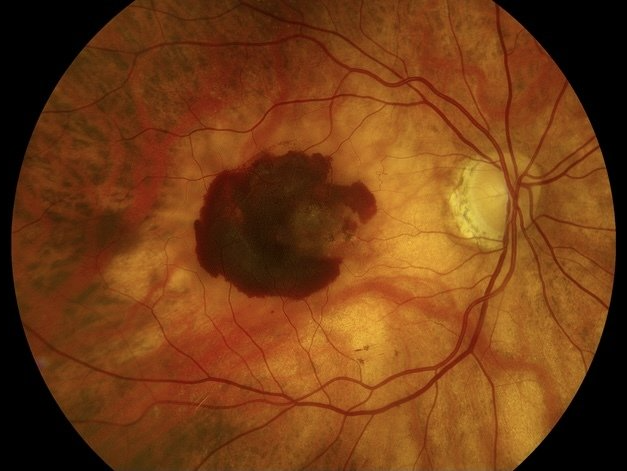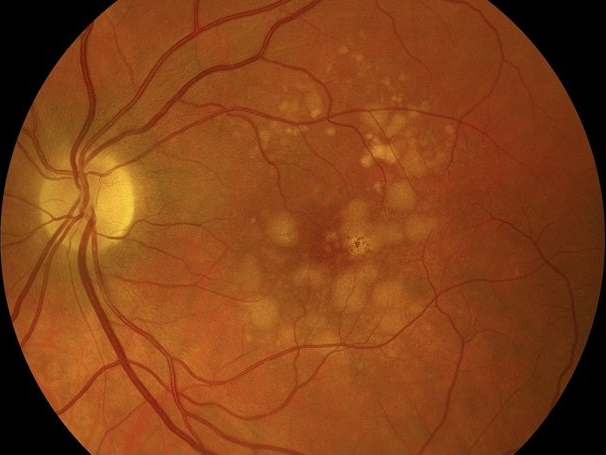Macular Degeneration
What is Macular Degeneration?
Macular degeneration is the most common cause of severe vision loss in those older than 65. The disease affects the macula which is the centermost part of the retina, and it controls our central. Our central vision helps us clearly and sharply see specific shapes, colors, and outlines. Every day, we use our central vision to perform specific tasks, including reading and driving. Unfortunately, as we start to age, the macula can start to weaken and deteriorate, particularly in adults 60 years and older. Macular degeneration has two types, dry and wet, and both are the main reason for vision loss in elderly men and women. Patients who have macular degeneration commonly have affected central vision but can use their peripheral vision to compensate for their progressive vision loss.
Get in touch
Macular Degeneration Form
Treatment Options
If you have dry macular degeneration, we provide AREDS II vitamins that target vision loss caused by aging. AREDs II supplements have natural ingredients, such as Vitamin A, C, E along with zinc, lutein, and zeaxanthin, which slow the progression or stop the symptoms from becoming worse. Additionally, our ophthalmologists may recommend certain lifestyle changes such as smoking cessation to help manage the symptoms and to help you live more comfortably.
In some circumstances anti-VEGF shots are used to stop or reduce the growth of irregular blood vessels that form with wet macular degeneration. EYLEA® and LUCENTIS® are injectables that are made with specific ingredients. If macular degeneration is detected soon enough, anti-VEGF shots are the preferred treatment choice. Typically they are needed every 4-6 weeks depending on factors related to the disease.
Regain Your Quality of Life
Our group knows that a macular degeneration diagnosis is stressful, or sometimes even scary, but please know that we strive to help you manage and feel knowledgeable about your treatment options. At Visionary Eye Surgeons, our ophthalmologists provide advanced treatment options that may improve your central vision and eye health.

